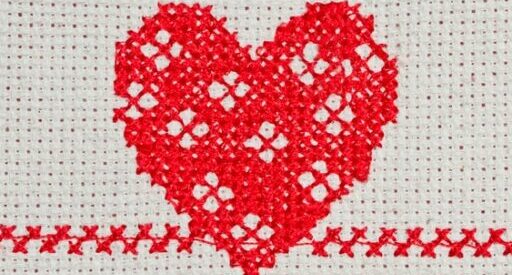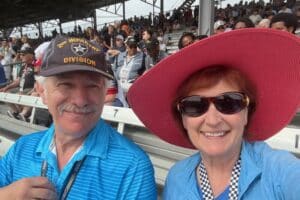Africa’s Sewing Machine Needle Market to Grow 3.4% CAGR by 2035
The African sewing machine needle market has seen some wild swings in recent years. Consumption dropped sharply, but many expect the market to bounce back and grow over the next decade.
This article digs into the current state of the market, highlights key players, and explores trends that might shape the future. If you’re involved in the industry, there’s a lot to keep an eye on.
Table of Contents
Current Market Overview
In 2024, Africa’s sewing machine needle market shrank dramatically. Consumption fell by 39% to just 468,000 units.
This marks the fifth year of decline since the 2020 high of 21 million units. Yet, oddly enough, the market’s value grew by 4.3% to $42 million, pointing to a shift toward pricier, maybe better-quality products.
Key Market Players
Madagascar really stands out here. The country produces 438,000 units, making up 84% of Africa’s total needle production.
It also leads in consumption at 127,000 units and imports with 198,000 units. Nigeria and Mauritius aren’t far behind, consuming 98,000 and 54,000 units respectively.
Import and Export Dynamics
Africa imported 508,000 sewing machine needles in 2024, down 36.3% from the previous year. Madagascar took the top spot in imports, followed by Nigeria and Tanzania.
Zambia’s import growth was pretty wild, averaging a 69.1% CAGR during the review period.
Export Trends
Exports ticked up slightly to 559,000 units in 2024. Madagascar drove most of this, exporting 508,000 units.
Export prices stayed much lower than import prices, which probably reflects differences in quality and market segments. The average export price landed at $2.1 per unit, while imports averaged $19 per unit.
Future Market Projections
The African sewing machine needle market could grow at a 2.0% CAGR in volume and 3.4% in value from 2024 to 2035. By 2035, the market might hit 581,000 units worth $60 million.
Rising demand and better product quality are likely to drive this growth, though it’s tough to say exactly how things will play out.
Regional Consumption Insights
In 2024, the top consumers of sewing machine needles were:
- Madagascar: 127,000 units
- Nigeria: 98,000 units
- Mauritius: 54,000 units
Together, these three countries made up 60% of total consumption. Egypt, Tanzania, and South Africa also played notable roles.
Price Disparities and Market Segments
One thing that’s hard to ignore is the huge price gap between imports and exports. High import prices point to a real appetite for premium-quality needles.
Meanwhile, lower export prices suggest there’s also a market for more affordable, lower-quality products.
Impact on Local Manufacturers
Local manufacturers in Madagascar have a big influence on the market. The country’s dominance in production and exports keeps it at the center of the regional supply chain.
Still, those price gaps hint that local producers might need to step up innovation and improve quality to stay competitive, both at home and abroad.
Challenges and Opportunities
The market faces plenty of hurdles—shifting demand, price differences, and tough competition from international brands. But there are also real chances for growth and fresh ideas.
Improving quality or offering new types of products could help local manufacturers grab a bigger slice of the market.
Technological Advancements
Tech improvements in manufacturing and materials could push the market forward. New needle designs and better materials might just give consumers and manufacturers what they’re looking for.
Conclusion
The African sewing machine needle market’s had its fair share of challenges lately. But honestly, there’s a sense that better days could be ahead.
Forecasts point to growth in both volume and value. That means more opportunities might pop up for people involved in this sector.
If local manufacturers double down on quality and start embracing new tech, they could really carve out a stronger spot for themselves. It’s not going to be easy, but the market’s got a lot of potential if folks are willing to adapt.
Curious for more details or want to dig deeper? Check out the full report on the African sewing machine needle market.

